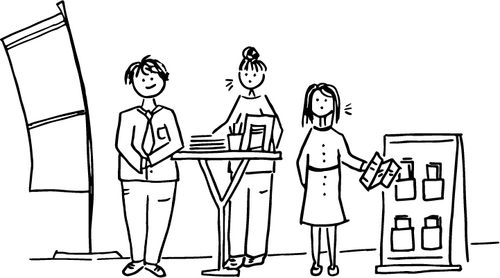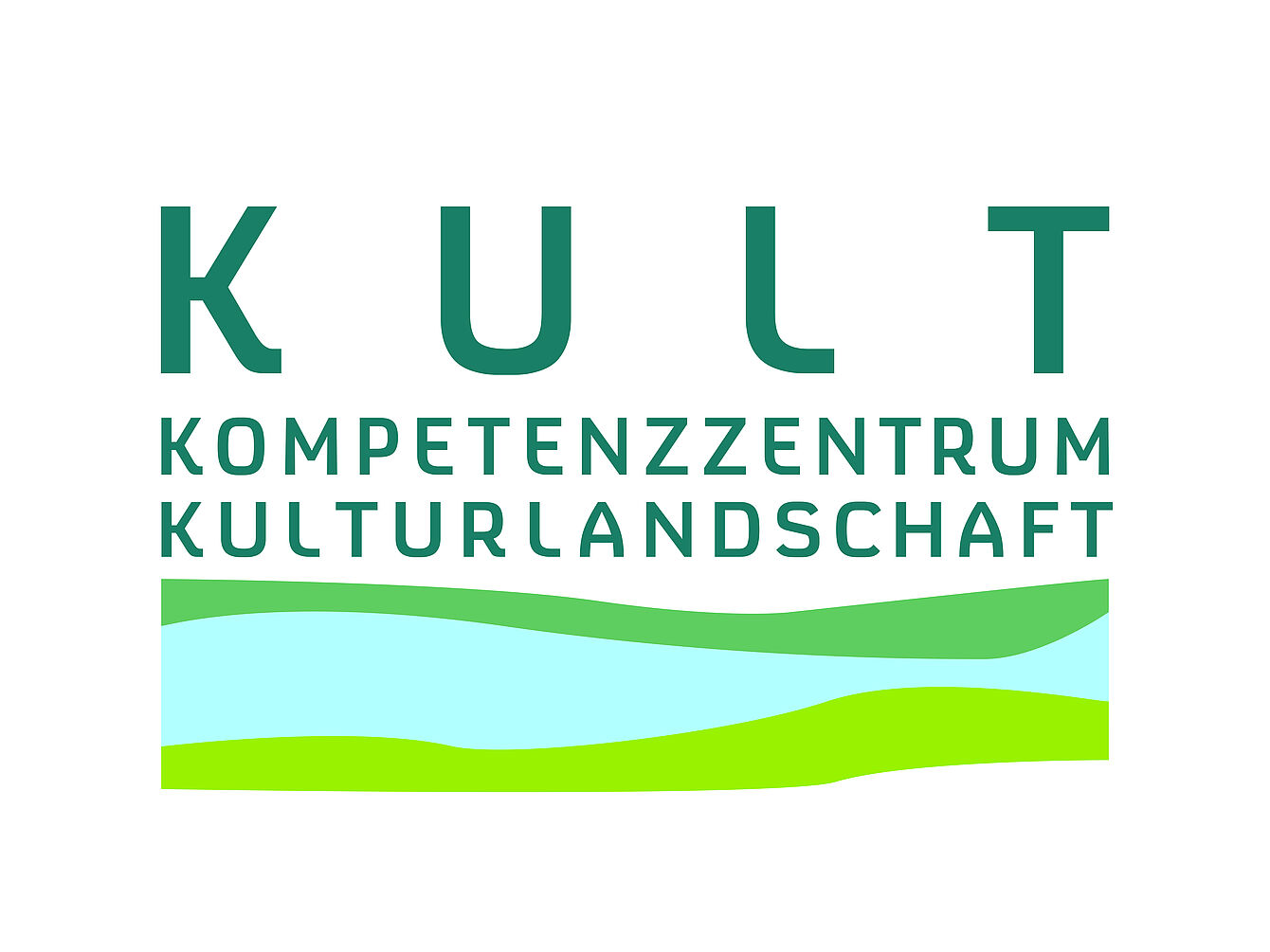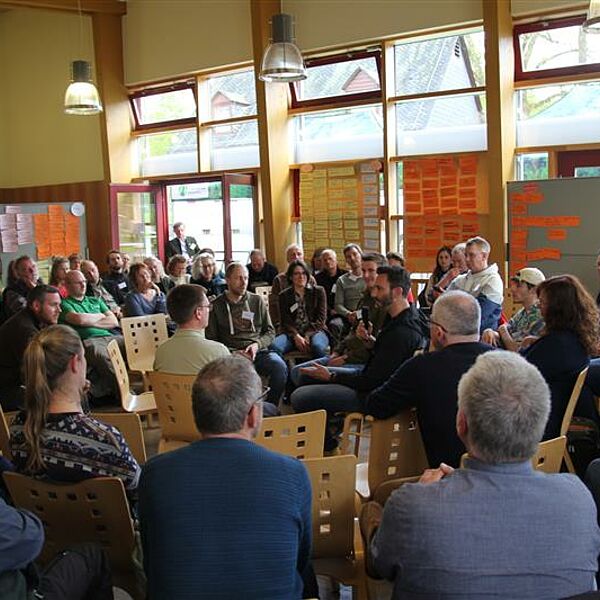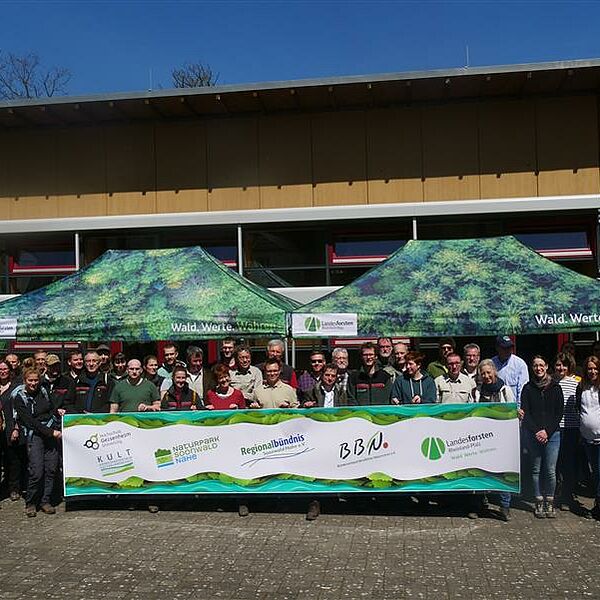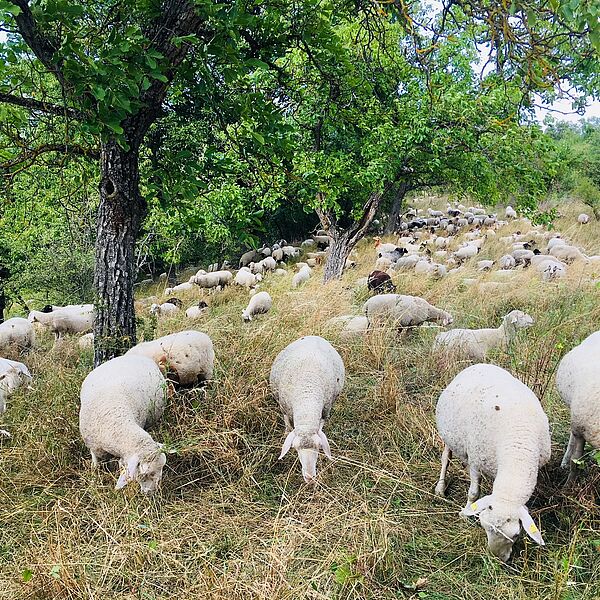The aim is to plant vegetation on the terraces to prevent erosion and provide habitats rich in species. In 2018 various seed mixtures were sown in new vineyards in the Middle Rhine Valley wine region, and the results are attracting the attention of both vintners and visitors to the region.
Doctoral student, Vera Wersebeckmann, from Hochschule Geisenheim University, is very pleased whenever she sees hikers stop at the vineyard at Höllenberg in Assmannshausen, to photograph the colorful floral show and large number of bees and butterflies. The success of the planting is already clear to see, even though the final evaluation of the experiment itself will be in three years.
Project leader, Ilona Leyer, a professor of Hochschule Geisenheim University's Department of Applied Ecology: "After sowing last year, we had the long drought followed in June by heavy rainfall, and were worried that everything would be washed away. However, the seeds germinated against these odds and erosion was minimal in comparison to vertically-planted vineyards, leading us to believe that terraced vineyards could be a good way of dealing with expected future climate changes".
The vineyards are being worked by three wineries, as part of the research project "BioQuiS", supported by the German Federal Environmental Foundation (Deutschen Bundesstiftung Umwelt). The Hessen State Wineries, Weingut Laquai in Lorch and Weingut Ratzenberger in Bacharach are impressed by the new floral displays in their vineyards, but the project is not only about biological diversity. Joint project leader, Manfred Stoll, a professor of the university's Department of General and Organic Viticulture, mentions other questions which are addressed by the project: "The changes in the microclimate of a horizontal aspect, as opposed to a vertical aspect vineyard, and what this means for the substances and aromas in the berries, as well as the health of the vines, are issues that a doctoral colleague, Timo Strack, will be examining in his thesis".
Other topics under observation in the three-year project are, among others, funding possibilities for establishing and maintaining horizontal aspect vineyards. Socio-economic questions are also important, since steep-slope viticulture must, of course, be economically viable. Scientific results and the practical experience of the wineries, together with the resulting recommendations for implementation, will be presented at the end of next year in a presentation and in written form.
Contact person at Hochschule Geisenheim University:
Prof. Ilona Leyer,
Department of Applied Ecology
ilona.leyer@hs-gm.de
Prof. Manfred Stoll,
Department of General and Organic Viticulture
manfred.stoll@hs-gm.de
Further information: www.BioQuiS.de

